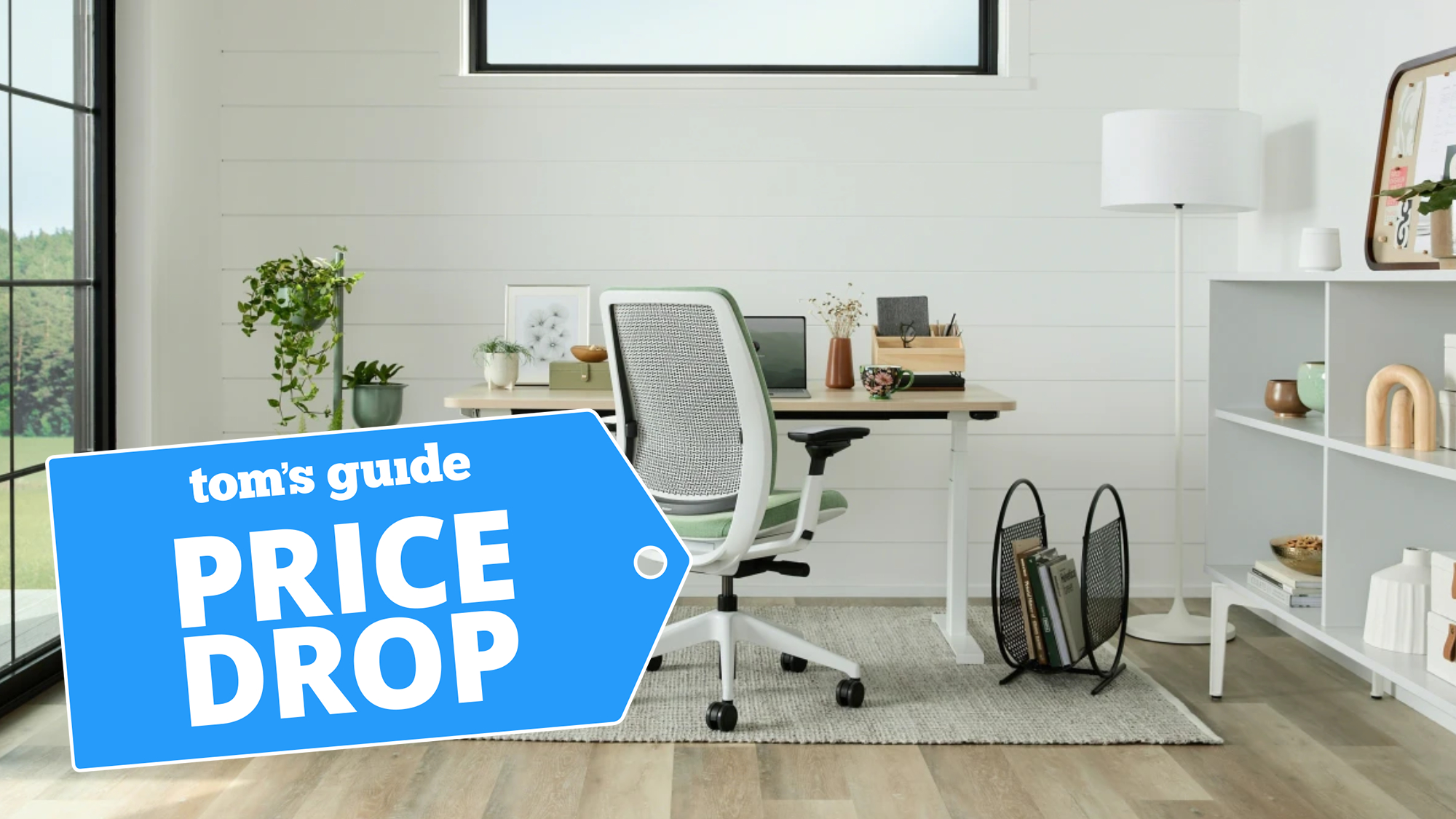McAfee Paid Antivirus Worse Than Free Microsoft Software
Intel's McAfee Internet Security protected users from less than three-quarters of incoming threats, according to a new study.
Microsoft apologists can rejoice: Microsoft Security Essentials is only the second-worst security software out there for Windows 7, according to a new study.

Intel's McAfee Internet Security now occupies the bottom spot, protecting users from less than three-quarters of incoming threats in these tests. Consumers looking for good antivirus software need not worry, however: ESET Smart Security 9, Kaspersky Internet Security and Norton Security earned almost perfect scores, and a few free programs weren't too far behind.
This information comes by way of a new report from London-based antivirus-testing firm SE Labs. The company periodically evaluates Windows antivirus software for individual, small business and enterprise users. Its latest home report analyzed nine popular programs between October and December 2016, and evaluated which ones helped protect users best. The good news is that all of them, including McAfee, do at least a passable job. The bad news is that "passable" can still leave users wide open for malware, both of the common and novel varieties.
MORE: How to Buy Antivirus Software
SE Labs tested each AV suite in two categories — Protection and Legitimate Software Ratings — on PCs running fully patched builds of 64-bit Windows 7. The former category measured the number of malicious programs detected, blocked and neutralized by each program, as well as how many pieces of malware managed to slip through. Blocking a piece of malware earned more points than fixing it after the fact.
Legitimate Software Ratings measured how many false positives each program turned up, weighted for the importance of the mistakenly flagged software. Misidentifying Microsoft Word as a malicious program, for example, is a huge detriment; misidentifying an outdated Internet Explorer add-on is relatively harmless.
Then, SE Labs averaged the two numbers together to find out which programs performed well and which left something to be desired.
Sign up to get the BEST of Tom's Guide direct to your inbox.
Get instant access to breaking news, the hottest reviews, great deals and helpful tips.
By a narrow margin, ESET Smart Security 9 performed the best out of all programs tested, earning a perfect 100 percent in both Protection and Legitimate Software. Norton Security also earned 100 percent in Protection, but only 97 in Legitimate Software, while Kaspersky Internet Security scored 100 percent in Legitimate Software, but 99 in Protection.
The bottom line, of course, is that any of the three programs are fine choices, earning the highest possible SE Labs "AAA" rating. Trend Micro Internet Security 11 also walked away with an "AAA," scoring 94 percent in protection and 100 in Legitimate Software.
As discussed above, McAfee fared the worst of the nine programs, earning a 45 percent protection rating. Bear in mind, this doesn’t mean that McAfee blocked only 45 percent of malicious programs; it actually blocked just under three-quarters, but lost a lot of weighted points for letting so many unwanted programs slip through, especially drive-by downloads that attack web browsers without the user clicking on anything.
McAfee did score very highly on Legitimate Software, however, earning it a "B" grade from SE Labs overall. You're better off with McAfee than with nothing.
Microsoft Security Essentials, which often winds up at the bottom of these lists, earned an "A" rating, between 75 percent Protection and 95 percent Legitimate Accuracy. (MSE is only for Windows XP through 7; the comparable software for Windows 8 and later, Windows Defender, has done slightly better in other tests.)
G Data Internet Security, Avast Free Antivirus and AVG AntiVirus Free Edition all earned "AA" ratings, with Protection ratings in the high 70s or mid-80s, and Legitimate Software ratings near 100. Avast and AVG prove that once again, you don't need to pay any money to get decent system protection.
While it may be tempting to interpret the results of the SE Labs study as a condemnation of McAfee, that would be the wrong takeaway. While some security suites are better than others, even the weakest among them provides much more substantial protection than nothing at all. Then again, if a free program is out-performing your paid one, it may be time to switch out your antivirus.
Tom's Guide has reached out to McAfee for comment and will update this story when we receive a response.
Marshall Honorof is a senior editor for Tom's Guide, overseeing the site's coverage of gaming hardware and software. He comes from a science writing background, having studied paleomammalogy, biological anthropology, and the history of science and technology. After hours, you can find him practicing taekwondo or doing deep dives on classic sci-fi.
-
Dark Lord of Tech Never been a FAN of McAfee , poor performance in detection and removal , now currently enjoying F-Secure and TrendMicro.Reply

